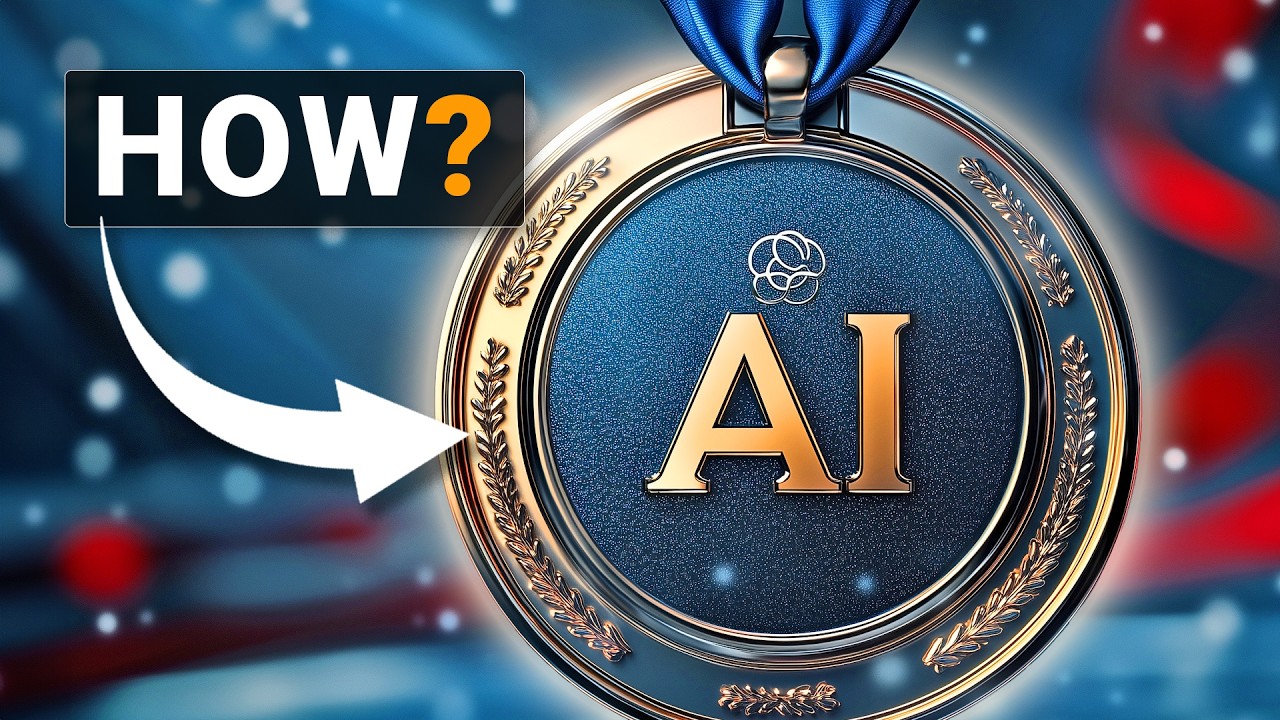DeepMind’s AI, utilizing new techniques AlphaProof and AlphaGeometry 2, significantly improved its performance in solving complex mathematical Olympiad problems, achieving a silver medal by solving most of the challenges presented. This advancement highlights the AI’s enhanced reasoning and problem-solving capabilities, marking a notable leap from previous models like ChatGPT, which struggled with similar tasks.
In a recent exploration of AI capabilities, it was revealed that while ChatGPT-like AIs excel in various tasks, they struggled significantly with mathematical Olympiad problems. In a test involving 30 such problems, ChatGPT managed to solve none, highlighting a critical limitation: these problems require not just calculations but also complex reasoning and logical deductions over multiple steps. This indicates that current AI techniques, which often function as advanced calculators, lack the necessary planning and reasoning skills to tackle novel mathematical challenges.
To address this gap, Google DeepMind introduced two new techniques: AlphaProof and AlphaGeometry 2. These advancements were designed to enhance the AI’s ability to solve intricate mathematical problems. During the mathematical Olympiad, where human participants are given two sessions of 4.5 hours to solve six problems, the AIs were provided with a formalized mathematical language to assist them. The results were impressive, with the AIs solving most of the problems, some in mere minutes, while others took up to three days.
Remarkably, AlphaProof was able to solve the hardest problem that only five of the top human contestants could tackle, showcasing its potential. This achievement is particularly noteworthy considering that some of these human competitors are future Fields medalists, akin to Nobel Prize winners in mathematics. Ultimately, the AI’s performance earned it a silver medal, just one point shy of the gold, marking a significant leap from the initial zero score recorded by ChatGPT.
The advancements in AlphaGeometry 2 were equally striking, as it demonstrated the ability to solve a challenging problem in just 19 seconds, a feat that would take humans much longer to analyze. Furthermore, when tested on historical geometry problems from the Olympiad, AlphaGeometry 1 solved 53% of them, while the second version improved this rate to 83%. This progress illustrates the AI’s learning capabilities, as it analyzes millions of problems to generate and refine potential solutions.
The implications of these developments are exciting, suggesting that future iterations of these AI techniques could further enhance their problem-solving abilities without requiring external assistance. As researchers continue to refine these technologies, the potential for AI in mathematics and beyond appears vast. The video concludes by inviting viewers to share their thoughts on these advancements, emphasizing the thrilling nature of witnessing such rapid progress in AI capabilities.
